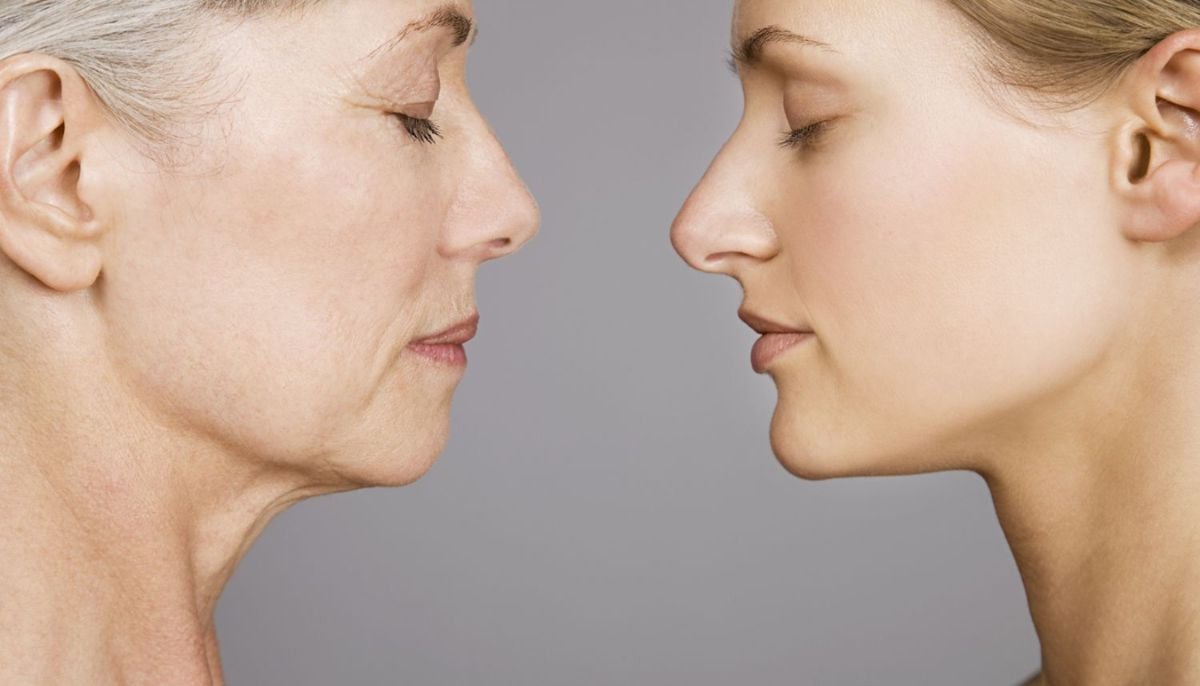Solar Eclipse: What does it mean for pregnant women's health?
Pregnant women may face health risks during Solar Eclipse
A Solar or Lunar Eclipse is interpreted as a negative omen in many cultures.
Science has shown that the only known adverse health consequence of an eclipse is that it can cause eye damage if you look straight at a solar eclipse. Blindness may result from retinal burns from the sun's beams, according to BabyCenter.
The injury takes several hours to manifest, and the retina does not feel pain. Thus, it is easy to cause eye injury and not even realise it at first.
Because of this, it's crucial to only see a solar eclipse with eclipse glasses. When you wear these glasses, you can safely stare at the eclipse because they block out the majority of the sun's rays.
It is traditional to assume that a pregnant woman who witnesses a solar or lunar eclipse, or even just walks outdoors during one, may give birth to a child that is physically impaired or has a noticeable birthmark.
If this is your belief as well, then you should only be concerned when an eclipse occurs in your region and not when it occurs anywhere else in the world.
Medical science states that certain drugs, substance misuse, genetic diseases, and nutritional deficiencies (such spina bifida) are the causes of birth abnormalities.
It is therefore not necessary to worry about your growing baby's health if you are unable or unable to stay inside during an eclipse. Just remember to adhere to your doctor's recommendations and schedule all of your appointments.
-
Lewis Capaldi details 'impact of Tourette' on his career
-
Christina Applegate struggles to leave bed amid multiple sclerosis battle
-
Demi Lovato bravely admits she is ‘not ashamed’ of having bipolar disorder
-
Can humans reverse aging? Harvard scientist predict revolutionary breakthrough
-
How Liam Payne’s death impacted awareness about mental health
-
Taylor Swift expresses how negative body comments triggered her
-
Lady Gaga details how eating disorder affected her career: 'I had to stop'
-
Celebrities who struggle with infertility











